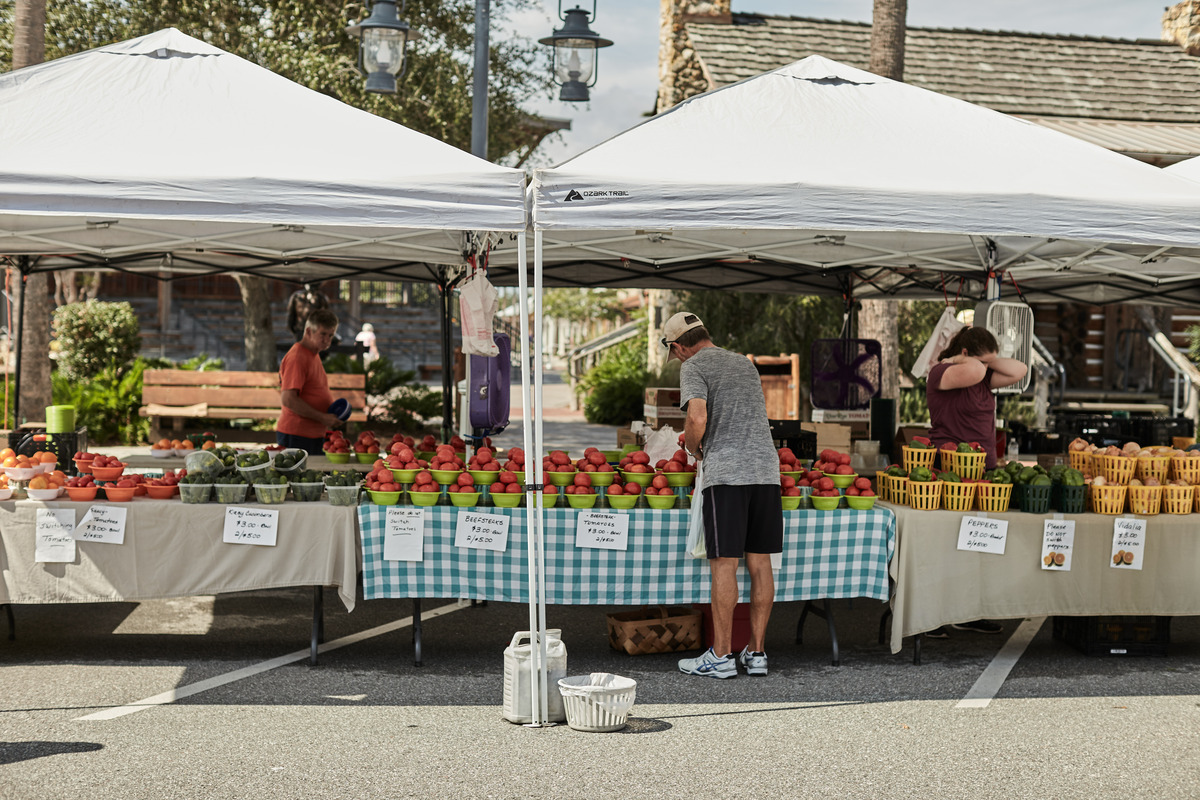If you want to prepare for the future and stay relevant in the job market, your priority should be developing earth-friendly skills. Businesses, governments, and communities are shifting toward sustainable solutions faster than ever, and we couldn’t be happier for it. But if you don’t understand green practices and how to implement them (beyond the surface level), you’re risking falling behind.
According to a ManpowerGroup report, 70% of employers are actively recruiting or planning to recruit green talent. Mind you, this demand for sustainable professionals is not limited to renewable energy and manufacturing but also finance, technology, transport and logistics, even real estate. In short, more and more companies need people who can help them meet regulations, cut costs, and adapt to an eco-conscious market.
Whether you’re looking for better career prospects, starting a business, or just wanting to live in a way that aligns with the planet’s future, learning these skills is the most beneficial thing you can do for yourself. Here are key green skills in demand and how to develop them to become more future-ready.
Key Earth-Friendly Skills in Demand
Green skills are in high demand across multiple industries. Bring some of these to the table, and you’ll immediately become more valuable.
Renewable Energy Expertise

Solar, wind, and other renewable energy sources are expanding rapidly (the global renewable energy capacity increased by a whopping 50% in 2023). Knowledge of how they work, how they’re implemented, and how businesses can transition away from fossil fuels is, therefore, highly valuable. Roles in solar panel installation, wind turbine maintenance, and grid modernization are growing.
Sustainable Design and Green Construction
Sustainability has become the new standard in fields ranging from architecture to urban planning. More and more companies seek professionals who understand energy-efficient design, eco-friendly materials, and green building certifications like LEED (Leadership in Energy and Environmental Design). Engineers and construction managers with expertise in net-zero buildings and smart infrastructure are particularly in demand.
Environmental Management & Compliance
Businesses face growing environmental regulations, so understanding how to reduce waste, improve energy efficiency, and ensure compliance with sustainability laws can make you indispensable to an employer. Professionals with expertise in environmental audits, life cycle assessments, and pollution control, for example, are highly sought after.
Sustainable Supply Chain Management
Since a growing number of consumers expect ethical sourcing and sustainable production, companies need professionals who can improve supply chain transparency, reduce waste, and integrate circular economy principles into logistics. Expertise in carbon tracking, responsible sourcing, and eco-friendly packaging is valuable.
Data Analysis for Sustainability
Organizations are collecting vast amounts of environmental data to make more sustainable decisions, so the ability to interpret this data, identify trends, and optimize eco-friendly practices is an increasingly valuable skill. Positions in sustainability analytics, environmental risk assessment, and carbon accounting are growing.
Waste Management & Circular Economy Expertise
With global waste production rising, businesses need professionals who can implement circular economy principles – extending the life cycle of products and reducing landfill waste. Recycling management, industrial ecology, and zero-waste strategies are key areas of expertise.
How to Develop Earth-Friendly Skills and Get Ahead
So, how do you build the skills that will make you more employable and future-ready? Here are several effective ways to get started:
Enroll in Sustainability-Focused Courses

Formal education isn’t always necessary, but it can give you a solid foundation. Many universities and online platforms like Coursera, edX, and LinkedIn Learning offer sustainability programs. Look for certifications in renewable energy, green business strategies, and environmental management.
Gain Hands-On Experience
Employers love practical knowledge, so consider volunteering for environmental organizations, participating in community sustainability projects, or applying for internships with companies that prioritize green initiatives. Even small projects – like helping a local business improve its recycling program – can add weight to your resume.
Highlight Green Skills on Your Resume
Speaking of resumes, when applying for jobs, make sure you understand how to make a resume that actually reflects your sustainability expertise. If you’ve taken courses, worked on eco-conscious projects, or implemented green initiatives at a previous job, highlight those achievements clearly. Use keywords such as “sustainable development,” “carbon reduction,” or “energy efficiency” to grab recruiters’ attention.
Join Professional Networks & Green Communities
Sustainability-focused networking groups can expose you to job opportunities and industry trends. Organizations like the International Society of Sustainability Professionals (ISSP) or the Green Business Bureau can connect you with people and resources that accelerate your career growth. It’s also a great way to gain some valuable industry insights.
Stay Informed & Adaptable
Sustainability is an evolving field, and new regulations, technologies, and best practices emerge regularly. To remain ahead of the curve, make sure you follow green industry news and attend sustainability conferences when possible. Subscribing to reports from organizations like the UN Environment Programme (UNEP) and the World Economic Forum can keep you updated on sustainability trends.
Consider Green Entrepreneurship
If you’re looking to create your own path, why not launch a business of your own, one focused on sustainability? Whether it’s eco-friendly products, renewable energy consulting, or waste reduction services, green startups are in high demand. Grants and incentives for green businesses are also widely available, making entrepreneurship in this space more accessible than ever.











